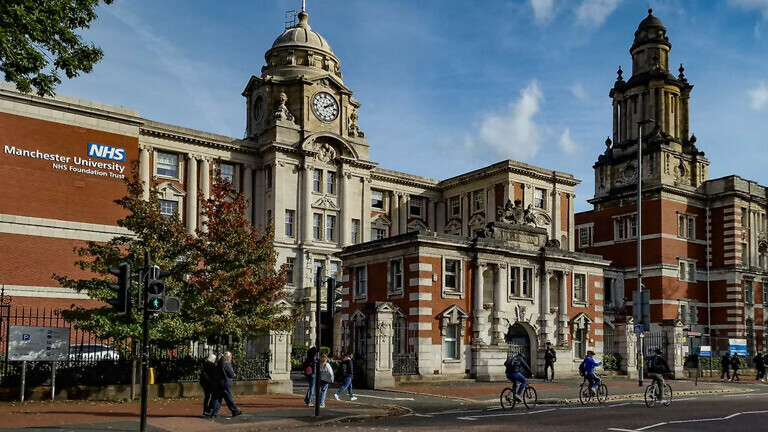A new AI research screening platform is being built by NHS England to enable trusts across the country to join trials of AI in screening to help speed up diagnosis.
A new AI research screening platform dubbed AIR-SP and backed by nearly £6 million in government funding is being built by NHS England to enable trusts across the country to join trials of AI in screening to help speed up diagnosis.
At the same time, a new national commission will help accelerate safe access to AI in healthcare and across the NHS by advising on a new regulatory rulebook, which is set to be published next year.
The new NHS-wide cloud will hold multiple AI tools in a single environment that will have secure connections to all NHS trusts. It should cut down the time and costs associated with rolling out AI research studies.
The new platform, which will take two years to build, means that futuristic tools could be tested and trialled at the same time, in any trust across the health service, with a view to rolling them out to the NHS frontline if they are proven effective.
It will first be used to support 700,000 women across the country taking part in a National Institute for Health and Care Research (NIHR)-funded trial, identifying changes in breast tissue that show possible signs of cancer and referring them for further investigations if required.
Simon Vincent, chief scientific officer at Breast Cancer Now, welcomed the investment.
“We hope that the introduction of this single shared system will make it both quicker and easier for trusts across the UK to test AI tools that could hold the potential to improve early detection and make the breast screening programme even more effective,” he said.
Access to tech
The UK National Commission on the Regulation of AI in Healthcare will bring in experts from tech companies – like Google and Microsoft – as well as clinicians, researchers and patient advocates, to advise regulators on how to speed up access to the latest tech.
The commission will be chaired by Alastair Denniston, head of the UK’s Centre of Excellence in Regulatory Science in AI & Digital Health (CERSI-AI), and deputy chaired by patient safety commissioner Henrietta Hughes. It will guide the Medicines and Healthcare products Regulatory Agency (MHRA) on how AI technologies can be safely and effectively integrated into everyday healthcare.
Supported by the Health Foundation, the commission will shape the new rulebook. This will help enable commitments in the government’s 10 Year Health Plan for England and Life Sciences Sector Plan to transform the NHS.
AI is already being used to analyse and interpret acute stroke brain scans to support doctors when diagnosing and making treatment decisions in all stroke units in England. Thanks to the AI Diagnostic Fund, half of hospital trusts are now deploying AI to help diagnose conditions like lung cancer. Separate research has indicated that hospitals using AI-supported diagnostics have seen a 42% reduction in diagnostic errors.
Representatives, including other regulatory bodies, from across the healthcare ecosystem in the UK and internationally, will have voices in the AI National Commission, ensuring advice balances innovation with patient safety.



